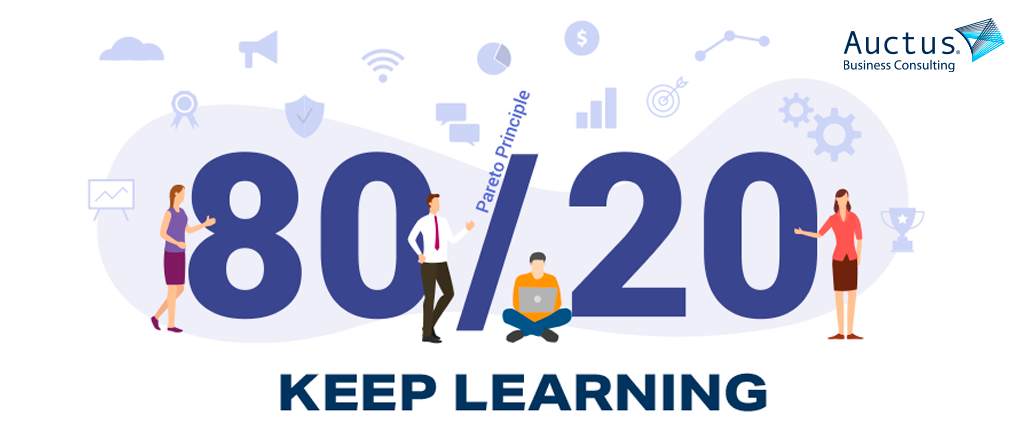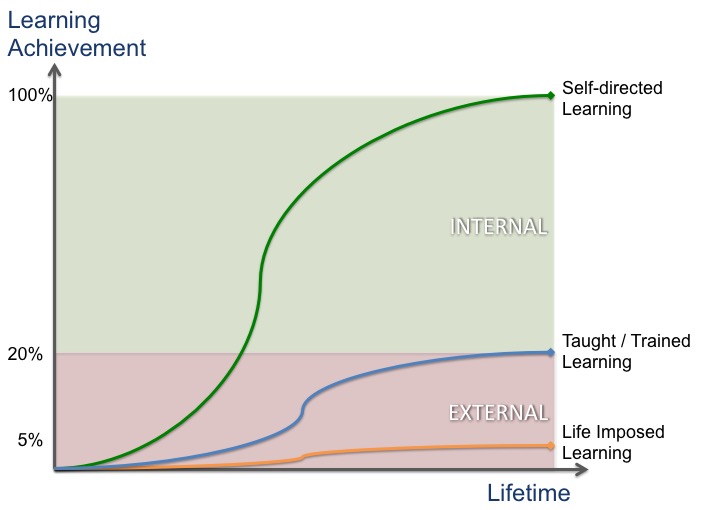April 20, 2018 Management

por: Mauricio Montemayor – Socio Director
I´m always one of those skeptics about the “real experience”. When interviewing executives or consultants, or every time I hear someone say that he or she has 15/20/25 years of experience, I always try to figure out whether such years represent “experience by repetition” or “experience that builds over” and capitalizes on previous experiences to achieve greater specialization.

An analogy to this dichotomy can be found in the financial markets, where it makes a rather significant difference whether an 8% interest rate on a 10-year credit is not capitalized (it remains at 8%), or it is capitalized annually (it grows 115% over the 10 years) or even monthly (>10,000 times the original value). The result is totally different, same thing applies for “valuable experience”, it is not about the years you have repeated the same kind of experience but rather how you have capitalized it thus making it more valuable and significant, personally and professionally.
In this life, at the end everyone learns…but here I recognize three kinds of learning and how these impact in an overall learning capability:
- Life-Imposed Learning:
- The two basic ways through which people learn in life are “failure” and “social context”. Whether it is our intention to learn or not, at the end we will invariably do. The pace at which we learn, and the number of times life will have to repeat the lesson depend solely on each individual. Sometimes we need to go through the same experience repeatedly to really understand and get a rule of thumb to some things in life.
- This kind of experience builds up to just 5% of our potential life learning and it is “externally” provoked.
- Taught / Trained Learning:
- There are at least two ways of learning: through school or specialized programs, or we can learn from Mentors, Coaches or even good bosses and peers that are willing to teach us and help us become more effective, achieve better results, or just be better professionals and managers.
- Taught learning contributes with 15% and builds up to 20% of our potential life learning. It is also “externally” provoked, empathy and charisma can help us attract people willing to enable our growth, but at the end it depends on others.
- Self-directed Learning:
- The common attitudes to all self-directed learning are “discipline” and “perseverance/resilience”. Among the many different ways an individual can choose to learn more are:
- Self-study: improving one´s knowledge through a self-motivated and disciplined research on the desired topic ;
- Live Experience: proactively seeking experiences in different industries, countries or cultures to gain a more global perspective;
- Role modeling: seeking specific profiles that fit our desired self and from which one can leverage the specific behaviors, attitudes and experiences to emulate in order to become better leaders, be more strategic or more innovative;
- Apprenticeship: looking for specific mentors or companies that are specialized in some of our areas of interest, and commit our time and effort (even without payment) for a couple of years to accelerate our professional growth and income in a medium-long term perspective (3-8 years).
- Self Management: as the great Peter Drucker explained, we need to be conscious about our strengths and work to improve them on a daily-basis, including personal time management and ensuring we become a positive influence on others. Every time we perform our activities in less time (more efficiently) and prioritize these (more effectively) to promote our overall contribution to ourselves, our group and our company, we increase our influence and thus our performance. This kind of experience contributes with 15% and builds up to a 20% of our potential life learning and its also “externally” provoked.
We can conclude these 3 types of learning are directly related to the 80/20 Pareto Law. The one factor that will have more influence and impact in your learning is yourself. “Discipline and perseverance” are life attitudes/values that we need to attain to improve our growth and effectiveness.
Hence, my recommendation to you would be:
-
-
- Get control of your own development model (DIY), and be less dependable on life imposed experiences or others to improve. Avoid saying in an interview that you are interested on some topic but you still don’t know much because nobody has taught you;
- Focus on the 80% of your potential, and use all the different ways of learning in parallel…these are not exclusive or exhaustive, but they can and should be used in a complementary fashion;
- Be humble about your progress, always challenge your knowledge so it always capitalizes and builds over previous experiences.
-
